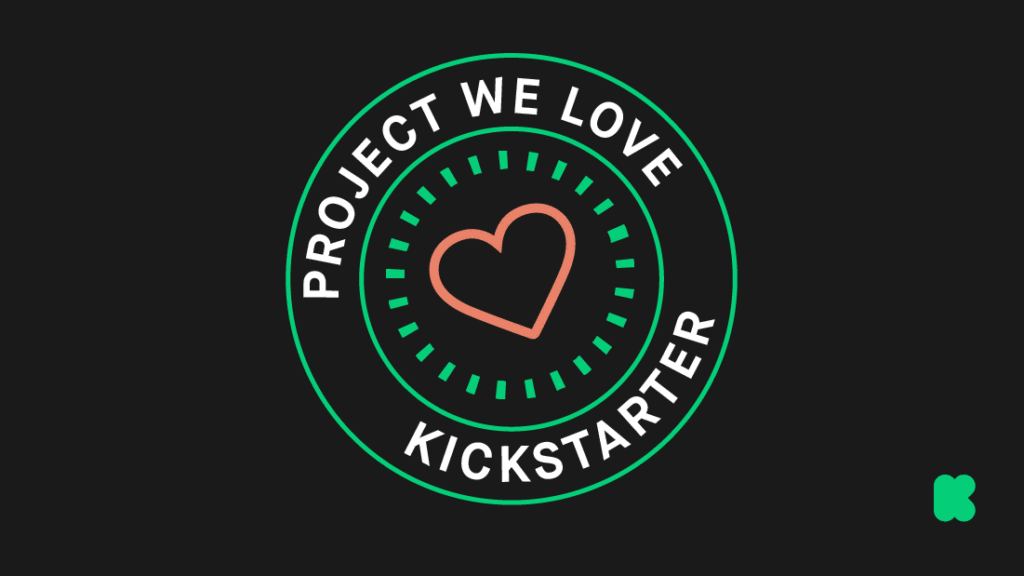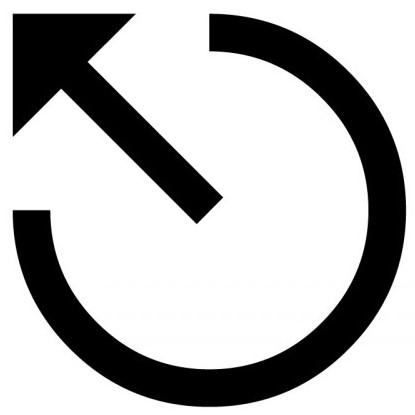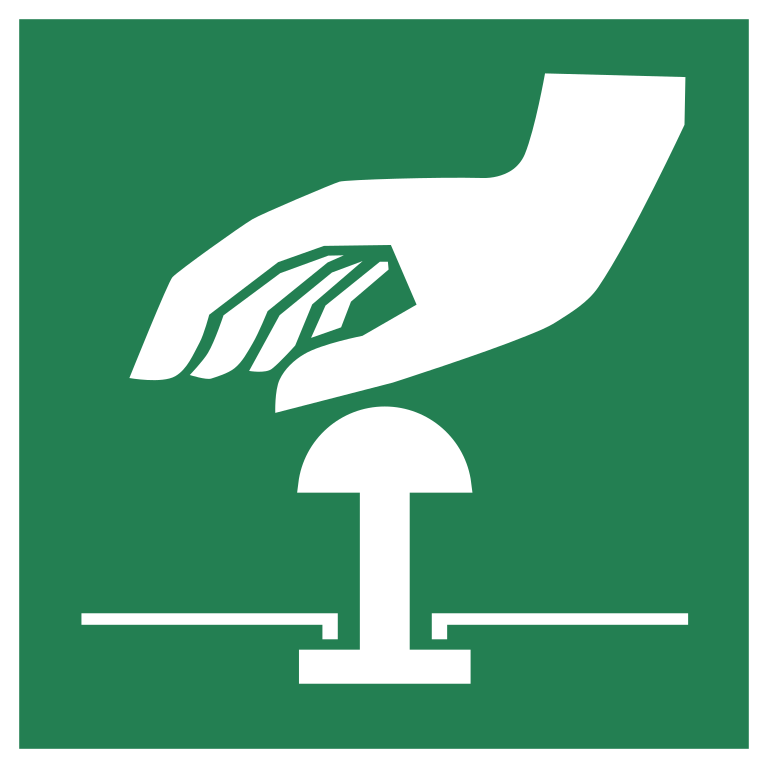That Was Why the Dramatic Flight
From Mislaid, a novel by Nell Zink.
She couldn’t help herself. Life with Lee had been so drab that running away had a bounden duty to be exciting. She felt she had a right to ask that much. That was why the dramatic flight, the abandoned houses, the new identity.
This is the kind of escape I don’t think about often enough, so obsessed am I with quitting work: people who flee their crappy partners.
Mislaid is a superb and darkly funny novel. The protagonist, Peggy, starts out as a viciously intelligent undergrad whose academic career is sidelined by an inappropriate (but fun to begin with) relationship with her (gay) poetry professor. Things get worse and she, along with her daughter, escape to live under assumed identities. Peggy becomes “Meg” and Mireille becomes “Karen.”
I’d better not say much more because some of the surprises in the book really would be ruined by advance knowledge, though the LA Review of Books has an excellent write-up if you don’t care about spoilers.
I’ll mention, however, that we don’t spend all of our time on the road with Peggy/Meg and Mireille/Karen and do in fact stay partially with Lee, witnessing his hilarious tantrums and earnestly struggling to raise his preppy son on his own. In that side of the book we witness the following phrase bellowed at the tenured poetry professor:
“Dammit, Lee. You bullshitted your way into the last of the bullshit jobs!”
It’s a different definition of bullshit jobs to the one we use here at New Escapologist, but that (I think) is what makes it so funny.
One would hope that teaching and writing poetry on the campus of a great American university would be one of the most dignified jobs imaginable. But if you use it as a vehicle for your own time-wasting and wheel-spinning, it’s probably just as bad as gawping into someone else’s spreadsheets in an open-plan office. And it would be all your own fault!
*
CB Editions

I love CB editions. It’s a London-based small press whose books are reliably readable and nicely presented. It’s run by one Charles Boyle whose CB-published novel (how did he manage that?) The Other Jack is a recent favourite of mine.
I share the following excerpt from his blog as an example of a creative business practice that actually works. It works in a small way, which is enough.
The average number of books sold per year since the start of CBe is around 2,500, and last year was a little below that. No bookshop could be run on that. For the authors’ sake I should be selling more. On the other hand, I’m still here, having stumbled upon a way of doing this that doesn’t require me to abide by all the prescriptions of the industry experts.
Stendhal’s The Charterhouse of Parma was written in November and December 1838 and published the following April. I once took on a book in December and, when the author told me he was dying, published it the following February, but in 2023 that’s not usually how it’s done: books are not published for at least a year, often longer, after they are taken on because you need a marketing campaign and Advance Reading Copies and puff quotes on the cover, all the stuff I don’t enjoy and am therefore not good at.
I don’t think CBe is a throwback. Nor is it the work of a man who lives off-grid in a shed in a field. I use the internet and typesetting software and digital printing and can learn new tricks when it suits me. I mean: when it suits someone of a certain age and temperament. I am lucky and privileged (not rich) to be able to do this.
CBe is a reminder that you don’t need to take over the world (or to “scale” as a business dipshit would say) to fill your days with pleasant work and to promote your idea of culture in the world.
I recommend their beautiful, beautiful books.
*
Letter to the Editor: Tears Dripping Into My Sandwich
To send a letter to the editor, simply write in. You’ll get a reply and we’ll anonymise any blogged version.

Hello Robert,
I always open your newsletters with a mix of hope and shame. I remember my second day of full-time employment, sitting alone in a subway, tears dripping into my sandwich, an escape plan forming in my mind.
Fifteen years later I remain imprisoned by my cowardice and lack of imagination. We are all born straight-backed and defiant, but the world has twisted my body and broken my will. You shared a post of mine in the newsletter once, when I was still on Twitter, but I am a fraud! Unworthy!
Yours,
Reader E
*
Oh no! I don’t want anyone to feel like that when they’re reading our newsletter.
Escape from full-time employment is a tough nut to crack. That’s why New Escapologist exists really. Escape plans are hard to formulate, so we have this periodical to share them and to lament their failure when failures happen.
There’s zero shame in not escaping. Most people don’t escape. We show in our pages that escape is possible, but it’s by no means certain nor even merely probable. Examples of successful escape aren’t there to taunt you but to give hope that maybe, just maybe, you can follow suit.
To escape, you might have to look poverty in the whites of its eyes and certainly to face down the idea of failure. You need to build failure into the plan. What would happen if you failed? What would be the worst case scenario? Could you face it?
Besides, many people who read our pages are perfectly happy in their jobs, have found ways to be content inside the box, or are working very slowly towards an escape.
Fifteen years isn’t such a long time really. Your job, for all that might suck about it, will have provided material comfort in that time. You’ll have something to show for it. And, if you really want to escape, you eventually will. Even if it’s just at the natural point of retirement into a state pension. In that way, escape is inevitable really. You just have to stay alive and be patient.
Target Achieved

We met our Kickstarter target a few days ago (after just three days of it being online).
This means New Escapologist will definitely be returning as a printed magazine. Joy!
Issue 14 (Vol. 2, No. 1) will be shipping in early August. It’s practically ready to go.
You can order the all-new Issue 14 (or subscribe for multiple new issues) by backing the project here. And I’d encourage you to do so!
The Kickstarter people, incidentally, selected us as a “project we love.” I’m not sure what that really means but it sounds complementary, doesn’t it?
Anyway, here’s what we wrote to the first 67 people to back project:
Thank you all so much. We did it. 67 backers raised the £3,000 necessary to bring New Escapologist back as a print periodical.
With 16 days left on the campaign clock, what on Earth shall we do next? “Stretch goals” feel like moving the goal posts in a way that will annoy everyone (so we probably won’t do that), but extra funding would still help.
For example, backers’ shipping fees were counted towards the target and, since we can’t spend that money more directly on the project, it would be nice to make up for it by attracting another £300 or so. Also, we just bought a £30 address label printer we didn’t budget for. D’oh.
Most importantly: our aim is not to “get money” but to reach readers. The hope is to build a culture around the magazine and for that it would be nice to reach perhaps 150 readers for the first issue. 67 readers are already on board (no small number) but 162 said [via the reader survey] they wanted the mag to come back, so hopefully some of those other 95 potential readers will join us.
So please, if you have any more juice to give to this project, tell you friends (by email or tweet or smoke signal) about the Kickstarter. Or, since you’ve really already done your duty, put your feet up and wait for the new issue of New Escapologist to plop onto your doormat next month.
Yours gratefully,
Team NE
Meet ISO 7000-2029
Further to my research into ISO symbols, this here is another example that means “escape.”
It seems to be reserved for equipment and isn’t used very widely online but it’s still a cool symbol. It’s called ISO 7000-2029, which I’m sure we can all agree is a catchy name.
It’s function?
To identify the control to cancel the current action or exit from the current state.
Nice.

It really implies motion, doesn’t it? Energy leaving an enclosure. Nifty.
The Mainstream Promise is Simply a Lie

From Confronting Capitalism by Vivek Chibber:
the mainstream promise–that if you work hard and play by the rules you will make it to the top–is simply a lie. The rules are what create the misery.
The basic set-up of capitalism is simple–you show up for work every day, work hard, and do what you’re told. The promise is that if you abide by these rules you will be rewarded with the good life. The promise is based on a very simple premise–that there is a link between effort and reward. If you work hard, the work will pay off.
But the secret to capitalism is that there is no reliable connection between effort and reward. […] This is a basic fact about capitalism, and it is built into the system. It is the natural condition of an economic system in which the bulk of the population is given a simple choice: “Work for what we offer or go without a job.”
What determines people’s economic fate in capitalism is not their effort but their power. And employers always have more power than workers.
There’s so much more in this handy little book that should be of interest to Escapologists (or indeed anyone who senses injustice in their work life but is yet to articulate it).
I’ll be quoting a little further from Chibber in the forthcoming Issue 14, which you can get via Kickstarter here.
The Thrilling Adventures of Escape Guy
You all know Escape Guy, don’t you?
He’s in the header of this very website and we used the same image on the cover of the magazine for a while.

He’s an ISO Standard symbol for an emergency exit. I was doing some research into this today and it turns out there’s variations on the theme. Loads of them.
For instance, here’s Escape Guy clambering out of a window:

Escape Guy always helps others to freedom:

He’s equipped for any occasion. Even leaving Planet Earth:

But mind that hole!

Catch him if you can:

But disembark carefully:

Escape Guy frees his mind by picking some mushrooms:

“Can’t. Reach. Drainage. Button.”

Almost home, Escape Guy!

Escape Guy takes a shower after a long day of fleeing:

Goodnight, Escape Guy.

THE END
PS: Be like Escape Guy and buy my book.
In Spite of His Indolent Ways

I’ve just read Little Women. There was a copy on a special display in the library and curiosity got the better of me.
Much of it is too winsome (is “twee” the right word?) for my tastes and the only March Sister I could remotely fall for was Jo. I like her mildly rebellious ways and she’s the only sister who seems to have a brain in her nut.
The “realer” chapters toward the end, which seem to be the ones best remembered, are very good though and I suppose you need the naff stuff if you’re to feel anything later on.
Anyway, there’s a line I wanted to share here for its Escapological energy:
in spite of his indolent ways, he had a young man’s hatred of subjection,–a young man’s restless longing to try the world for himself.
Isn’t that nice? It’s about Laurie, the March sisters’ only friend who is neither elderly nor an employee of theirs.
I must say I never got over the “hatred of subjection” or the “longing” described here so it’s not only native to young men. I’m 40 now (my first escape was at 26) and I still like to try the world for myself (despite my Laurie-like indolence). Keep the fire alive — quietly!
Luckily, there is advice from Jo March about what to do if you, like me, share this young man’s passion:
“I advise you to sail away in one of your ships, and never come home again till you have tried your own way,” said Jo, whose imagination was fired by the thought of such a daring exploit.
Will do.
For more inspiration on how to try the world for yourself, subscribe to our magazine here.
Kicky-Kicky, Start-Start
New Escapologist is a small-press magazine about escape.
We do not dwell on short-term or commercial escapes like television or beach holidays: we’re far more interested in well-planned, longer-term escapes from the worker-consumer treadmill into lives of imaginative creativity.
Yes indeed, there’s a Kickstarter campaign running RIGHT NOW to bring back New Escapologist as a small press magazine.
Thanks to a speedy response from the readers of our newsletter, the campaign is going extremely well but every single backer counts. Even if we make the target, we still want as many readers as possible. We’re trying to build a culture more than a “product”.
Kickstarter is currently the only way to buy the new issue or to subscribe (print and digital versions both available), so please visit the Kickstarter page to read more and to consider helping us along with a pledge. Why not get in on the ground floor of this amazing new cultural force to be reckoned with?
Thank you to everyone who has backed the project so far and to everyone else currently thinking about it. Let’s go!
Tinkers Bubble
Founded in 1994, Tinkers Bubble is England’s leading off-grid woodland community: an experiment in rural living that provides low-impact dwellings and a land-based livelihood to a changing roster of 16 residents.
From The Guardian:
It is owned by a community benefit society, and the current residents, most of whom arrive as summer volunteers, are sustained by the income from a steam-powered sawmill, apple orchard and press (which produces a lively dry cider) and cottage food production, including heritage salad leaves. The community’s 20 dwellings and outbuildings are dotted around a thatched communal roundhouse, all sitting amid the lofty firs.
And there’s a short documentary about it on YouTube:
*
New Escapologist is returning to print. To bridge the gap, why not get a copy of I’m Out or The Good Life for Wage Slaves?





